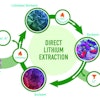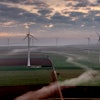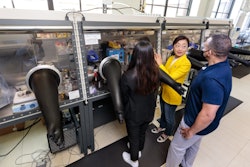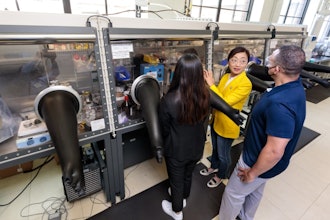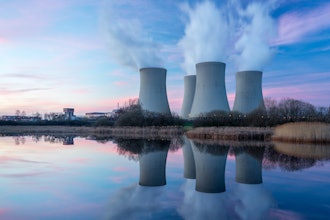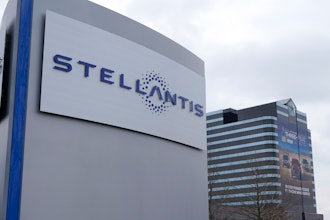WASHINGTON (AP) -- Republicans pressed the Obama administration Wednesday to fully disclose plans to tackle climate change, including cost, as environmental officials readied one of the most significant pieces in President Barack Obama's global warming strategy.
Rep. Ed Whitfield, a Kentucky Republican who chairs a House energy panel, said Wednesday that federal agencies must be transparent about actions that collide directly with efforts to develop diverse energy sources.
"Without this information, the public is left out of the debate, without knowing the extent of agency activity...or what it really will accomplish," Whitfield said.
Republicans had invited the heads of 13 federal agencies, but only two — EPA administrator Gina McCarthy and Energy Secretary Ernest Moniz — attended.
McCarthy said the EPA would soon issue a revised proposal to limit for the first time the pollution blamed for global warming from newly built power plants. Obama in June gave the agency until Friday to update the proposal. The rule, which will ultimately force the EPA to tackle emissions from existing power plants, addresses the largest uncontrolled source of carbon pollution, and will have ramifications for the power sector and everyone who flips on a light switch.
The coal industry and its allies in Congress have been quick to criticize the regulation in advance of its release, even though some of the details have yet to be disclosed, saying it will raise electricity prices and the cost of producing power, particularly from coal.
Coal, which supplies about 40 percent of U.S. electricity, has been struggling to compete with natural gas, which has seen historic low prices in recent years thanks to a boom brought on by hydraulic fracturing.
The latest version of the power plant proposal, which updates one released in March 2012, is likely to be more lenient on coal-burning plants than it was initially, but it will still make it very difficult for energy companies to build new coal-fired plants in the U.S. New natural gas power plants will also be covered, but since gas is a cleaner-burning fuel than coal, they will be able to meet the emissions standard more easily.
For coal-fired power plants, the new proposal will eventually require the installation of technology to capture carbon and bury it underground. Not a single power plant in the U.S. has done that, largely because it has not been available commercially and, if it were, it would be expensive.
But Moniz assured the panel that fossil fuels will continue to play a role in U.S. energy, in part because of billions of dollars of investment by the Energy Department to find technologies to reduce the pollution from fossil fuels.
"Coal and natural gas will remain significant sources of energy in the years to come," he said.
Associated Press writer Matthew Daly contributed to this report.


